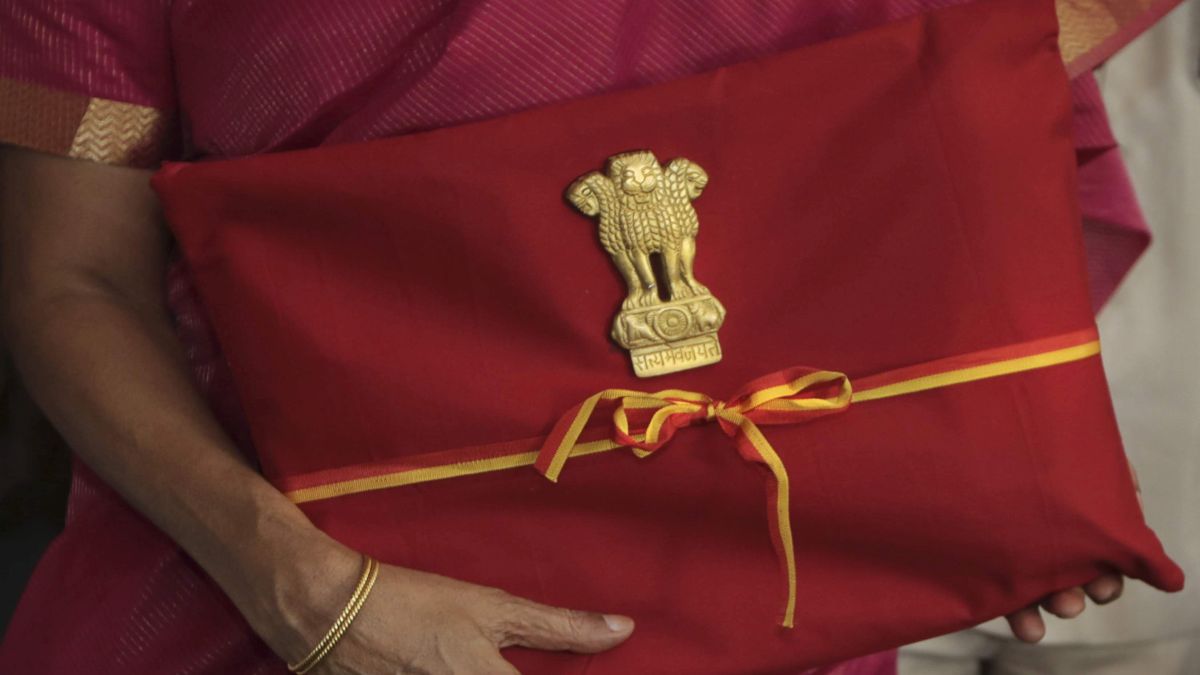The upcoming Union Budget 2025-26 presents a crucial opportunity for the Indian government to further empower the startup ecosystem, fostering innovation, job creation and economic growth. With India emerging as one of the world’s fastest-growing startup hubs, strategic policy interventions can propel the entrepreneurial landscape to new heights. As the nation looks forward to a budget that strengthens business confidence, key areas of focus should include regulatory simplifications, tax incentives, funding access, and skill development.
Streamlining regulatory compliances
One of the primary challenges startups face is navigating a complex regulatory framework. The government must continue its efforts to ease compliance burdens by simplifying processes such as company registration, tax filings, and labor laws. Initiatives like single-window clearance systems for startups and reduced paperwork can significantly enhance the ease of doing business. Additionally, introducing more digital solutions to manage compliance requirements will allow startups to focus on scaling their businesses rather than being entangled in bureaucratic procedures.
Tax Incentives to Encourage Growth
Taxation policies play a critical role in the success of startups. While the government has introduced various incentives in past budgets, there is a pressing need to extend tax benefits for early-stage and bootstrapped startups. Key expectations from the budget include extending the tax holiday for startups beyond the initial three-year period, reducing the GST burden on essential services availed by startups, and reconsidering the Angel Tax regulations to ensure seamless funding inflows. Additionally, introducing special tax incentives for investors supporting deep-tech, AI-driven, and green-tech startups could further encourage sustainable innovation.
Enhancing Access to Early-Stage Funding
Funding remains a critical concern for startups, particularly at the early stages. While government-backed initiatives such as the Startup India Seed Fund Scheme and the Fund of Funds for Startups (FFS) have been instrumental in providing financial support, further expansion and simplification of these schemes can encourage more participation. The budget should focus on incentivizing venture capitalists, angel investors, and alternative investment funds (AIFs) to increase their investments in Indian startups. Additionally, strengthening credit guarantee schemes and providing low-interest loans through government-backed financial institutions can help startups manage their capital requirements more efficiently.
Skill Development and innovation Hubs in Tier 2 and Tier 3 cities
To ensure inclusive growth, the government must extend its support beyond metropolitan areas and strengthen startup ecosystems in Tier 2 and Tier 3 cities. Establishing more innovation hubs, incubators, and co-working spaces in smaller cities will create opportunities for local entrepreneurs. Moreover, enhanced investments in skill development programs focusing on AI, blockchain, fintech, and other emerging technologies will equip young talent with the expertise required to drive innovation. Collaborations between industry players and academic institutions can further bridge the skill gap and align educational curricula with real-world business needs.
Easing Startup IPO Processes
For Indian startups eyeing the public markets, the budget must introduce measures that simplify the IPO process. The success of recent startup IPOs has demonstrated that investor interest is growing, but procedural complexities remain a hurdle. A more streamlined listing framework, reduced compliance costs, and support for startups transitioning from private to public companies will encourage more entrepreneurs to consider IPOs as a viable scaling option. Additionally, reducing the lock-in period for pre-IPO investors and easing the regulatory requirements for dual-class share structures can attract more high-growth startups to list in India rather than seeking offshore alternatives.
Boosting Public-Private Partnerships (PPPs)
Public-private partnerships (PPPs) can play a transformative role in accelerating startup growth, particularly in sectors like healthtech, agritech, and cleantech. The government should focus on fostering collaborations between startups and large enterprises, research institutions, and government agencies. Dedicated funding programs and procurement policies that encourage startups to work on public projects can significantly boost their scalability and global competitiveness.
Conclusion: A pro-startup budget for a new India
As India’s startup ecosystem continues to be a key driver of economic growth and employment generation, it is imperative that Union Budget 2025-26 lays the foundation for a more supportive and dynamic entrepreneurial landscape. By streamlining regulations, offering tax reliefs, improving funding access, and investing in innovation hubs, the government can create a thriving ecosystem that fosters resilience and global competitiveness. A pro-startup budget will not only strengthen India’s economic position but also drive long-term prosperity, making the country a global hub for innovation and entrepreneurship.
The author is Managing Director and CEO of BINDZ. Views expressed in the above piece are personal and solely those of the author. They do not necessarily reflect Firstpost’s views.


)
)
)
)
)
)
)
)
)



